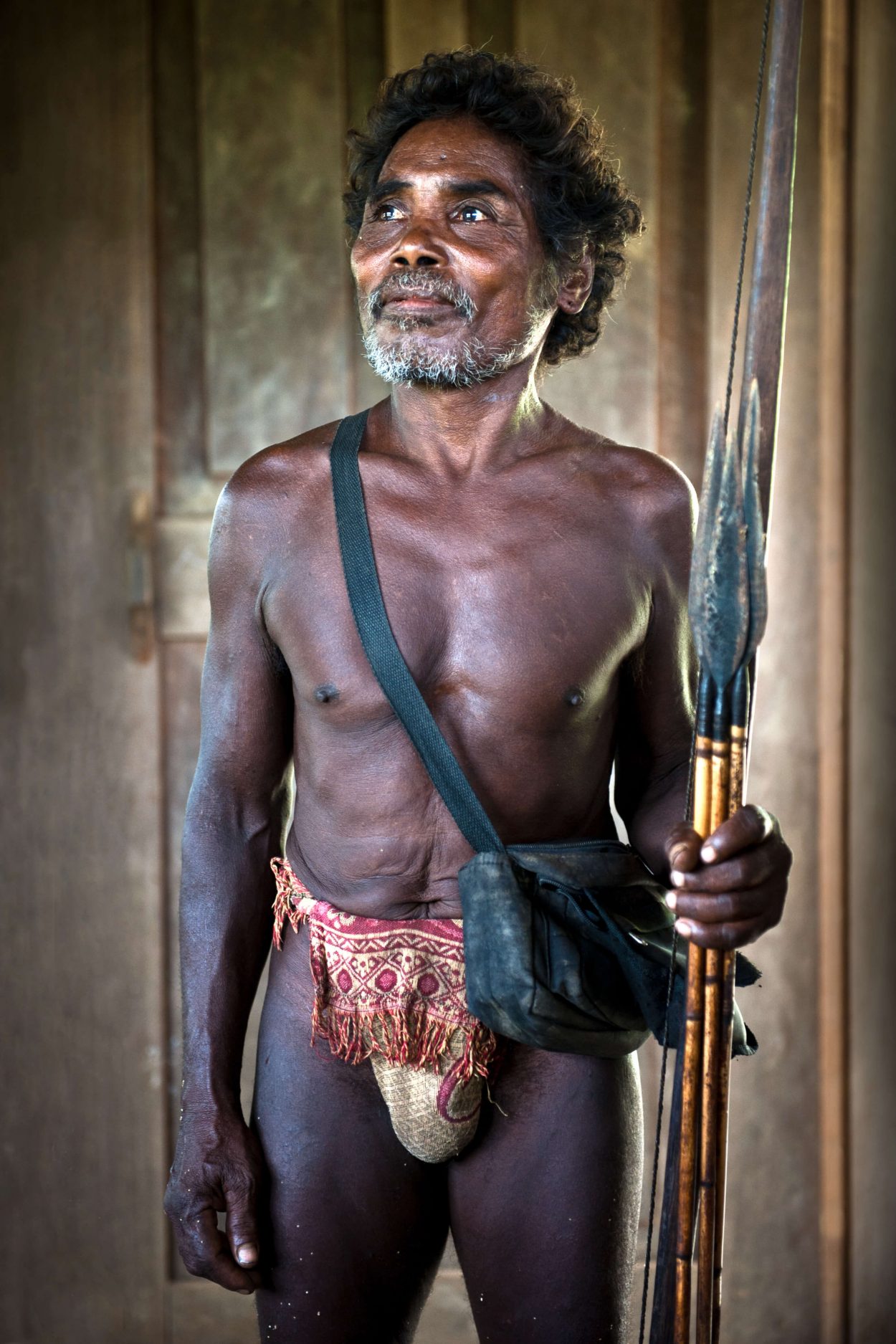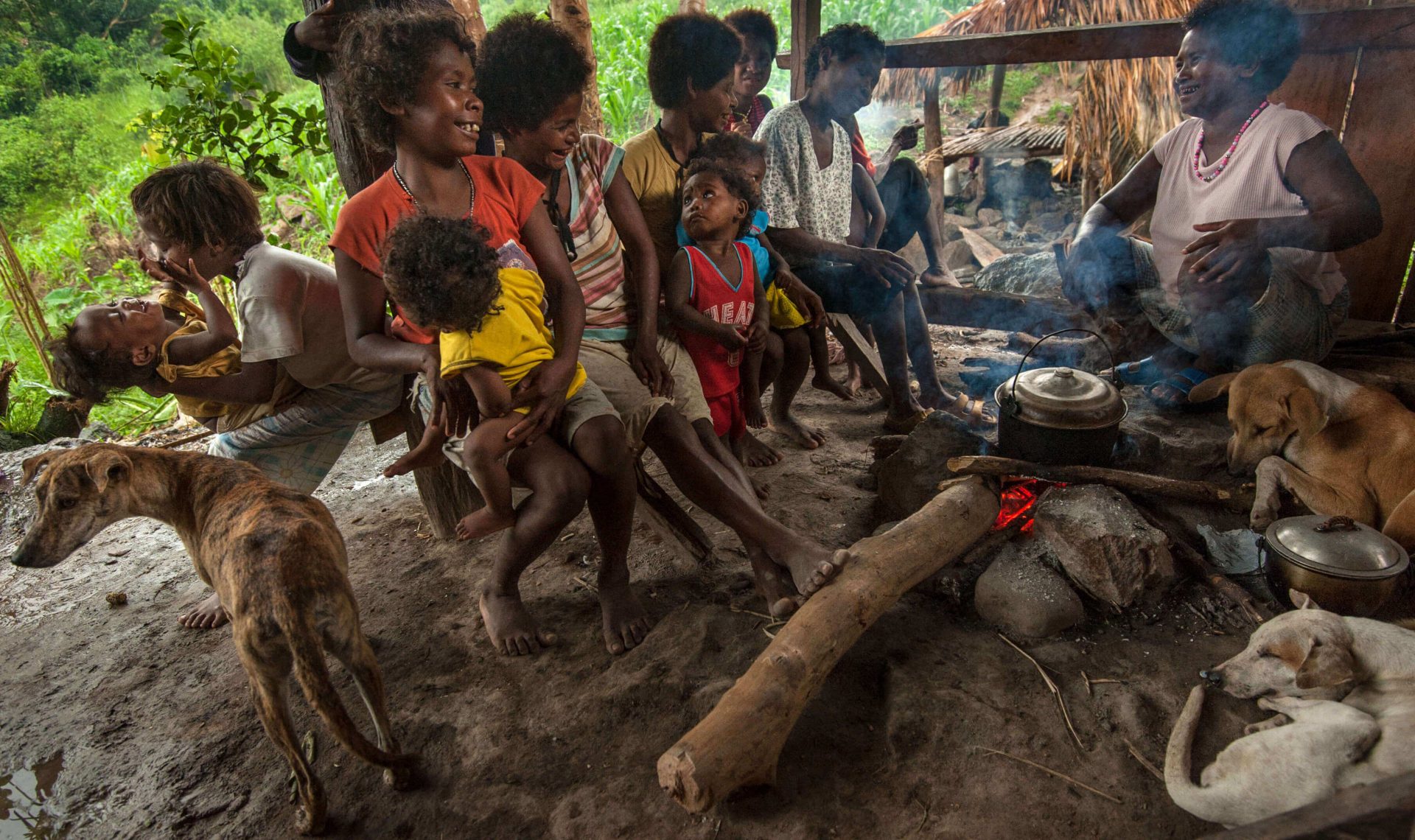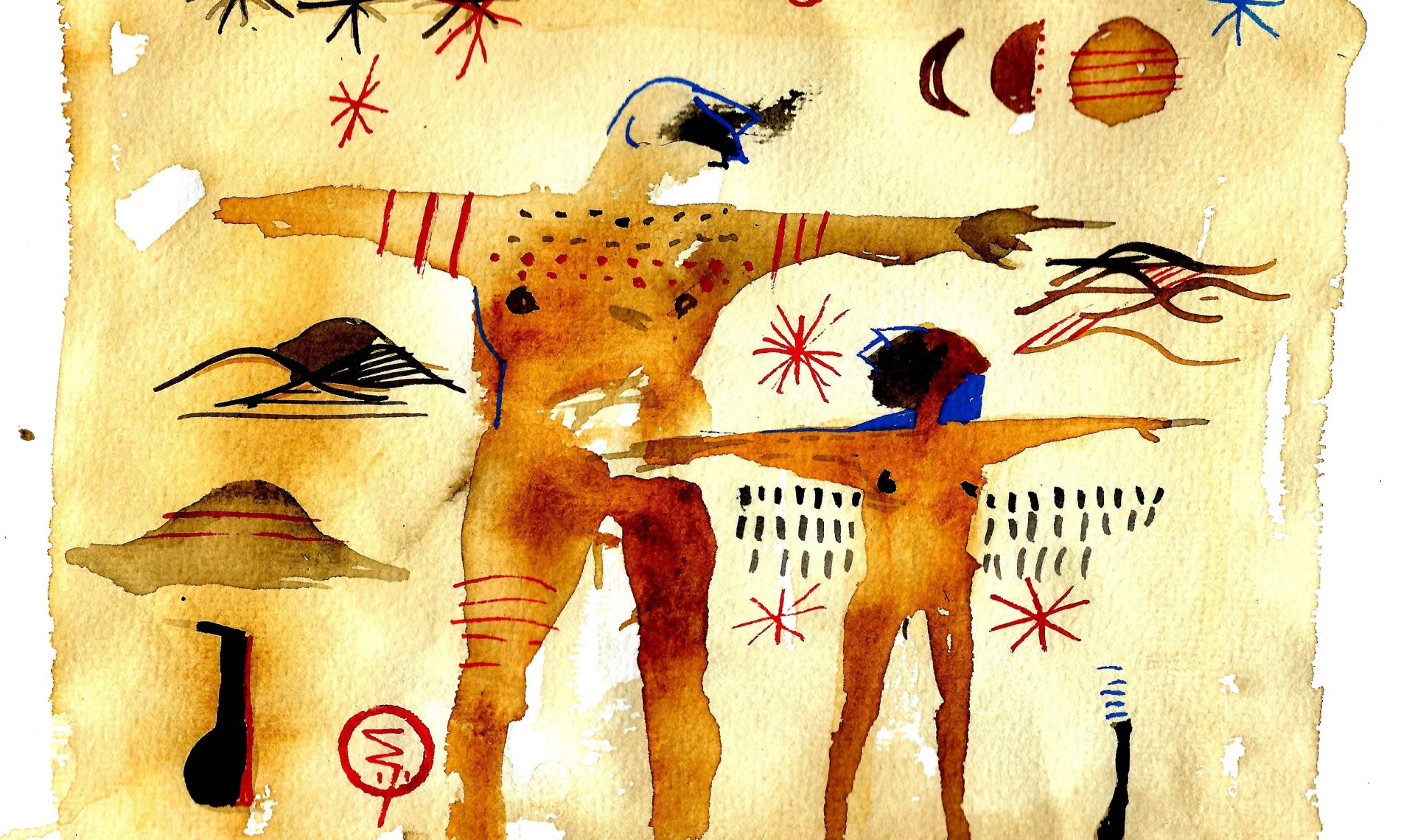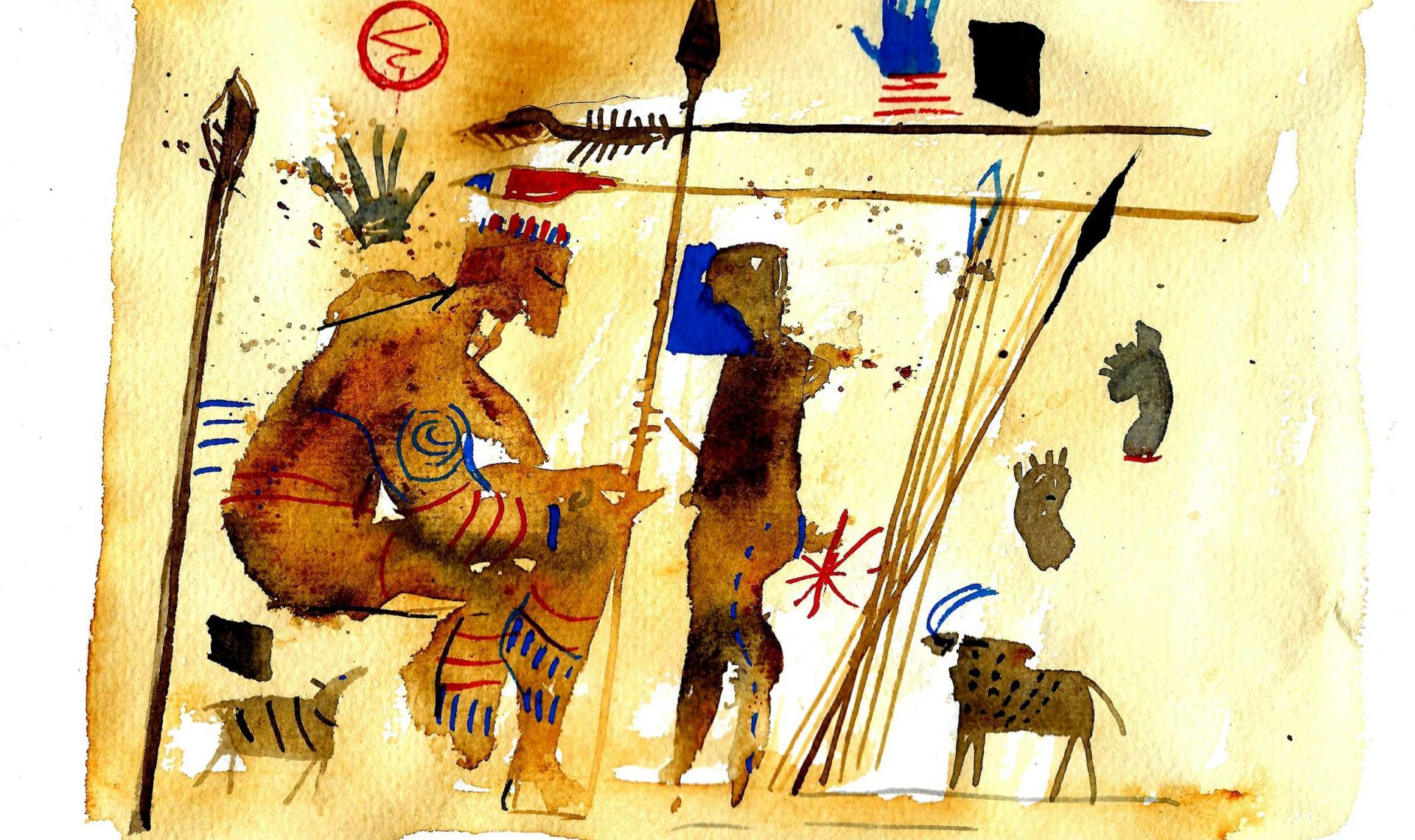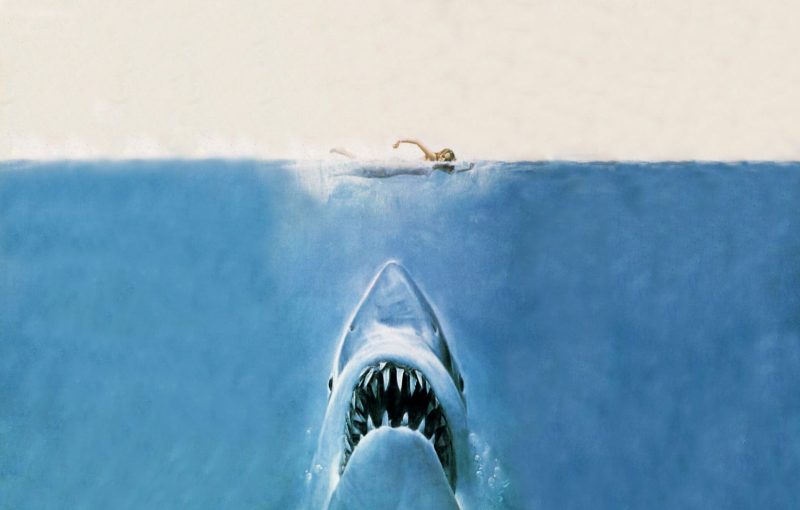Storytelling is a human universal. It exists in every part of the world, including remote tribes, and in every period of human history. We are the storytelling species but why?
A study has found the first real-world evidence that human beings evolved into storytellers because stories gave us an evolutionary edge.
The anthropologists from University College London discovered the Agta people, a group of hunter-gatherers in the Philippines, use stories to impart values, reduce conflict and improve cooperation. They found that camps with more skilled storytellers showed greater cooperation.
To their astonishment, they also discovered that the tribe’s best storytellers were more popular than the best hunters and foragers and had greater reproductive success. In other words, nature appears to be selecting for storytelling ability.
They are now hoping to explore how these findings could be practically applied within organisations to help people work together more effectively.
Storytelling for Marketers
The Wonderful Wizard of OzStorytelling for Leaders
Moby DickStorytelling For Lawyers
Alice’s Adventures in Wonderland



